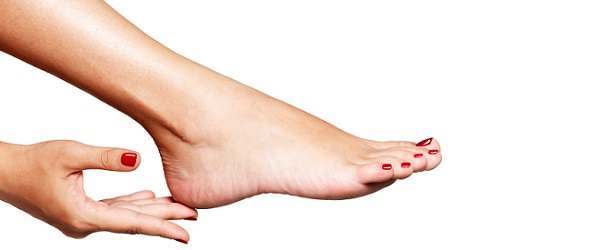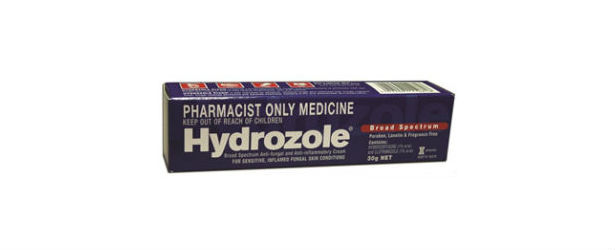
Why Heels Crack
Dry, callused skin is one of the main culprits behind the skin on our heels cracking. If the problem becomes exceptionally severe, cracks, also called fissures, can cause extreme pain and make your feet bleed. Things to look out for is skin that is peeling and cracked, growing hard, flaky, calloused, or dark and yellowing. It is important to take heel fissures seriously as they may open up ways for fungi and bacteria to get under your skin, which can lead to more severe problems like athlete’s foot or even a nasty bacterial infection.We all know how uncomfortable dry and cracked skin can be. Now let’s look at the reasons behind this issue.
Sandals
If you often wear shoes that do not cover your heel or are thin-soled, you may be increasing the chances that your heels will crack. These open-heeled shoes, like flip flops, make the feet swell. This puts more pressure on the heels and makes it easier for the skin to crack. Thus, thin-soled, open-heeled shoes should be worn sparingly.
Another culprit behind cracked heels are shoes that do not fit properly. If your shoes are too tight, they might be rubbing up against your skin, which will often cause blisters. Blisters can very quickly transform into sore, bleeding, cracked heels. Thus, you always want to get shoes that fit your foot properly so air can circulate your feet and so the shoes do not rub against your skin. Good shoes will also keep your feet dry, which will help to prevent athlete’s foot.
Standing
If you often spend long periods standing on hard floors, you are more likely to get cracked feet. Prolonged standing creates pressure and friction on your feet, and this pressure can lead to fissures or sores that may bleed and feel painful. If your job requires you to stand for long time periods, wear appropriate shoes with enough cushioning and support.
Being Overweight
For people who are obese, merely standing will cause pressure that can lead to fissures on your feet. The increased pressure will make the pad on your heel expand. Skin needs to be flexible and supple, but if it’s not, the increased pressure will make the heels crack. Thus, those who are overweight need to buy good shoes to alleviate some of the pressure on their feet. Heel cups or pads can also stop heels from expanding.
 Pre-existing Conditions
Pre-existing Conditions
Those who suffer from thyroid conditions or diabetes are at an increased risk for foot fissures. First, poor circulation to the lower extremities will increase the likelihood of all sorts of feet issues. Mainly, these illnesses can make sweat glands inactive, which will make the skin dry. If you have dry skin, you will obviously have a higher incident of fissures appearing on your heels.
Athlete’s foot, heel spurs, and flat feet may also lead to foot fissures. Also, conditions such as eczema and psoriasis can also crack the feet or heels. Again, moisturizing your feet can help to alleviate foot dryness.
If you do have a serious medical condition and often suffer from dry feet, it is imperative that you contact your podiatrist.
TOP 5
ATHLETE'S FOOTTreatments |
|||||
| Athlete's Foot Clear | Naturasil | Healing Natural Oils | Forces of Nature | DeSensua | |
|---|---|---|---|---|---|
| 1 | 2 | 3 | 4 | 5 | |
| Price (1 bottle) Price (6 bottles) *Best Value |
$49.95 $139.80 |
$31.30 $169.00 |
$29.95 $161.73 |
$34.85 $188.00 |
$23.99 $129.55 |
| Overall Rating | 99.30% | 82.20% | 79.40% | 74.80% | 66.30% |
| Effectiveness |      |      |      |      |      |
| Speed of Results | Extremely Fast | Good | Average | Slow | Slow |
| Quality of Ingredients | Premium | Good | Good | Average | Average |
| Customer Satisfaction Evaluation | 99.10% | 80% | 75% | 74% | 65% |
| Safety Evaluation | Safe for Use | Safe for Use | Safe for Use | Safe for Use | Safe for Use |
| Customer Service Rating |      |      |      |      |      |
| Reorder Rate | Highest | Good | Average | Average | Average |
| Return Policy | Risk Free | Risk Free | Risk Free | Risk Free | Unopened Only |
| Success Rate | 99.20% | 82% | 73% | 73% | 62% |

 Subscribe Now
Subscribe Now











